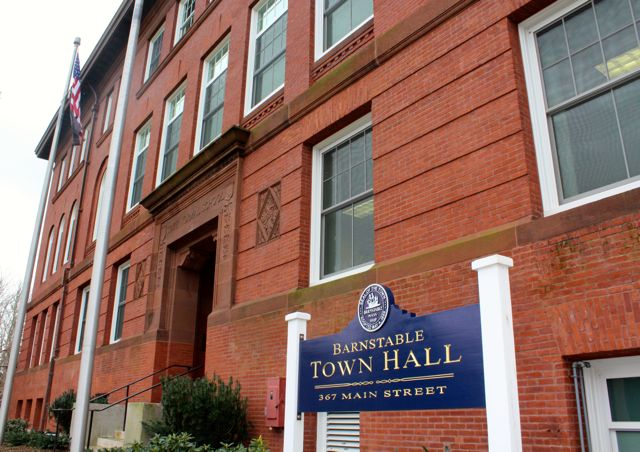BARNSTABLE – This winter, Barnstable, the largest town on Cape Cod, will embark on a search for a new town manager.
But how the 13 Barnstable town councilors dismissed the current town manager, Thomas Lynch, is still an unanswered question for some, including Lynch.
“I’ve been given no rationale for why they are making this change,” Lynch said back on September 16, 2015, when he sent a letter to the town council stating that he would be stepping aside when his contract ends on June 30, 2016.
This article, looking to find the answer to that question and how it will affect the town moving forward, is based on 12 interviews and attendance at 17 meetings held over the past seven months.
“I’ve been given no rationale for why they are making this change.”
Barnstable Town Manager Thomas Lynch
The town has allocated funds to hire a professional firm to conduct the search for a new town manager and that process will begin this month.
But the controversial issue remained a heated topic at town council meetings last fall and has pitted councilors against each other. It has also set one councilor on a new mission to change






























